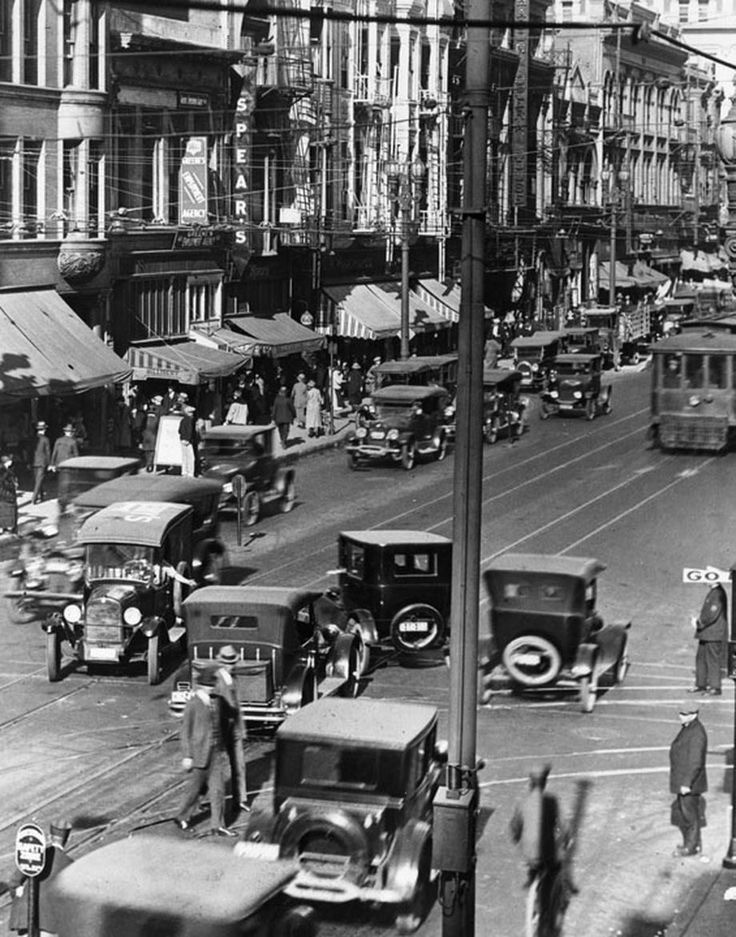Transportation has evolved dramatically throughout history, from the lowly horse-drawn carriage to the cutting-edge domain of autonomous vehicles. This voyage of innovation has transformed not only the way we travel, but also cultures, economics, and metropolitan environments.
The horse-drawn carriage era marked the beginning of mechanised transportation. Prior to the invention of steam-powered engines, horse carriages were the major means of land transportation, providing a significant advance over walking or riding animals. These carriages significantly increased travel speed and convenience, allowing people to travel longer places in less time. They were, however, constrained by their reliance on animal power and the poor quality of road infrastructure.
With the advent of steam-powered locomotives and ships during the Industrial Revolution, transportation underwent a significant change. Regions that were previously isolated were connected by railways and steamships, revolutionising long-distance travel and trade. During this time, trains that could travel at previously unheard-of speeds began to appear, facilitating and accelerating intercity travel. Steamships revolutionised global trade by cutting the time required to cross oceans and permitting the mobility of products.

When the vehicle first appeared in the late 19th and early 20th centuries, it revolutionised personal mobility. Cars became more affordable and available to a larger population because to the mass production of vehicles by businesses like Ford. Urban planning underwent a radical change as a result of the move to personal vehicles as cities changed to suit the rising number of cars. The need for more environmentally friendly transport options was raised by the problems of traffic congestion and environmental pollution that came along with this increase.
The era of electric and hybrid automobiles has arrived, propelled by worries about air quality and the depletion of fossil fuels. Compared to conventional internal combustion engines, EVs offered a cleaner alternative that dramatically reduced carbon emissions. Because of improvements in range and infrastructure for charging batteries, electric vehicles have become a viable option for daily travel. Hybrid cars reduced pollution and fuel use even more by combining electric and internal combustion engines.
The idea of autonomous automobiles came into being as technology advanced. These self-driving cars have the potential to once again revolutionise transportation since they are outfitted with cutting-edge sensors, machine learning algorithms, and real-time networking. In particular for individuals who are unable to drive owing to age or infirmities, autonomous vehicles promise safer roads, less traffic, and greater accessibility. As parking lots and garages become outmoded and road infrastructure changes to allow a more effective flow of traffic, they may modify urban landscapes.

The widespread use of autonomous cars is not without difficulties, though. To enable their secure incorporation into current transportation systems, technical challenges, legal frameworks, and moral issues must be resolved. Due to the dependence of autonomous vehicles on software and communication networks, cybersecurity issues also surface.
Constant invention and adaptability have characterised the history of transportation. Each era has brought about substantial changes in the way we move, engage, and influence our surroundings, from the horse-drawn carriage to the driverless automobile. While advances in speed, efficiency, and sustainability have been made in the past, the future holds the possibility of a change that goes beyond technical advancements to reshape mobility itself. The development of mobility will surely be a major factor in determining the societies of the future as technology develops.
Sources
- https://www.linkedin.com/pulse/from-horse-drawn-carriages-self-driving-cars-brief-history-lee?utm_source=share&utm_medium=member_ios&utm_campaign=share_via
- https://darwincav.com/the-evolution-of-transport/
https://tomscottscion.com/the-evolution-of-transportation-from-horse-drawn-carriages-to-self-driving-cars/ - https://automotiveindianews.com/horse-carriage-autonomous-vehicles-innovations-automotive/




